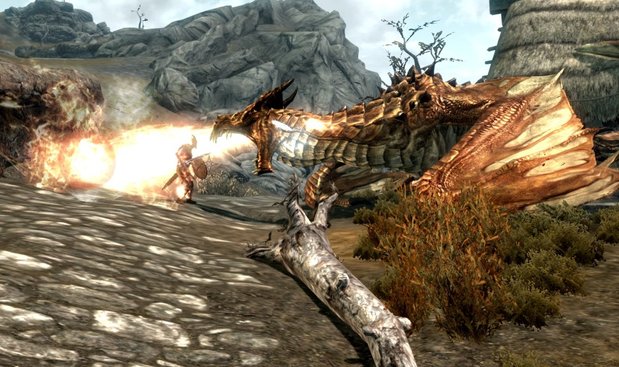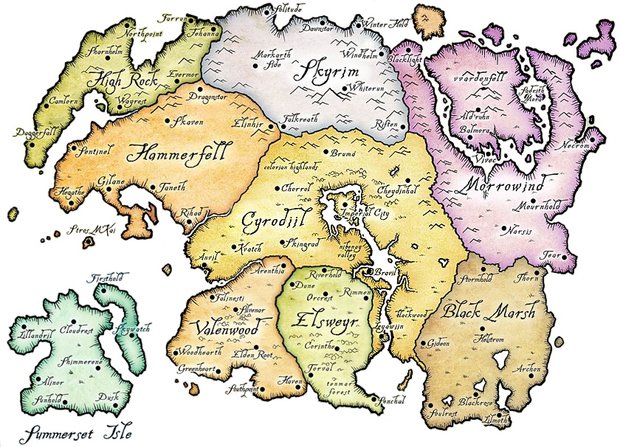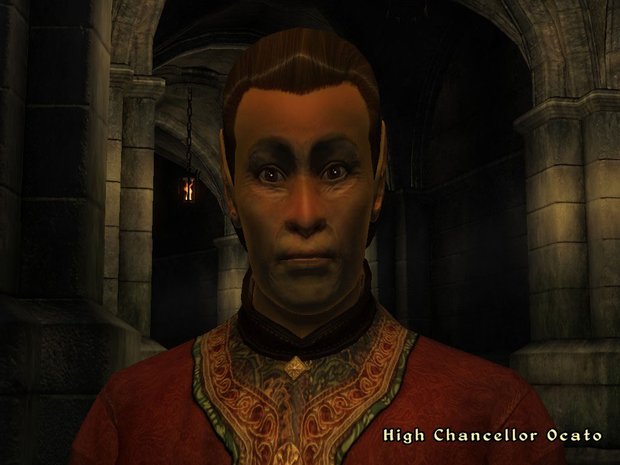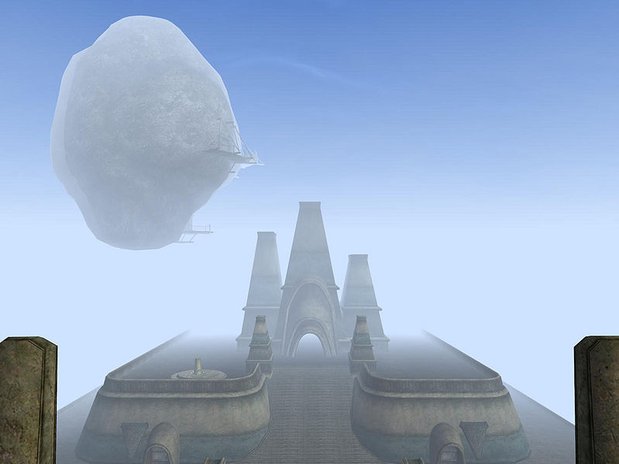
Skyrim is the fifth game in the Elder Scrolls series, but it doesn’t tell you much about its backstory. Not in obvious ways, anyway. After all, how would you rather start a game: with a history lesson, or with dragons setting people on fire? Still, if you've spent a hundred hours in Oblivion or Morrowind, it's only natural to wonder what's happened to your old stomping grounds. That information is scattered throughout Skyrim's books and dialogue, but with no frame of reference, piecing all the events and dates together can be daunting. To give you some foundation, here's a summary of what's happened since you last visited Tamriel.
- 33 mods you should download for Skyrim Special Edition on Xbox One, PS4 and PC
- You’re not done with Skyrim until you’ve found these 10 hidden quests
- The Elder Scrolls 5: Skyrim Special Edition Enchanting guide - Quick levelling walkthrough
The first thing you need to know is that 200 years have passed since the events of Oblivion. That's the biggest time jump in the Elder Scrolls series so far. For instance, Oblivion took place a mere 34 years after the first Elder Scrolls game, 1994's Arena. (Conveniently, Tamriel's fourth age started when the Oblivion Crisis ended, so years in Skyrim are counted from the end of the Oblivion. If a history book says something happened in 4E33, that's about 167 years before Skyrim's present day.)

Over these two centuries, the Empire has started to crumble. When Martin Septim sacrificed himself to end the Oblivion Crisis, it left the 400-year-old Empire without an emperor. The empire's hold over its territories began to slip. One of these territories was Summerset Isle, home of the Altmer (aka high elves). During the Oblivion Crisis, Daedra poured through the dimensional gates and massacred its inhabitants. Then, just when everything seemed hopeless, the invaders simply disappeared.
A faction called the Thalmor, elven supremacists and all-around jerkbags, claimed credit for the miraculous disappearances. They said they closed the Oblivion gates with subtle magics. In fact, they were so subtle that nobody saw them doing it. A grateful population hailed their new heroes, and by the time people started to wonder if they'd been suckered, the Thalmor had consolidated their power and squashed dissent.
Over in the Imperial heartland of Cyrodiil, things weren't going so well. High Chancellor Ocato, the acting ruler during and after Oblivion, was assassinated before any new emperor was elected. (One Altmer dissident claims the Thalmor were behind it, but no one knows for sure.)

The provinces of Black Marsh and Elswyr, homes of the Argonians and Khajiit, seceded from the Empire. But of all the provinces, Morrowind got it the worst. Morrowind players probably remember Vivec, ruler of Morrowind and subject of endless volumes of Kim Jong-Il-esque propaganda about how he was a living god who kept the forces of evil at bay by his will alone. Unlike Kim Jong-Il, that turned out to be mostly true. Visitors to Morrowind probably also remember the Ministry of Truth, a rock floating above the capital that was used as a prison. The Ministry was said to be a meteor that Vivec froze in time before it struck the city. This also turned out to be true.

With Vivec having lost his godhood after the events of Morrowind, the Ministry eventually snapped back into time and slammed into Vvardenfell with all the force it originally had. Vivec City was obliterated. The Red Mountain erupted from meteor strike, destroying the island of Vvardenfell. Waves from the impact swamped the rest of Morrowind.
Weekly digests, tales from the communities you love, and more
The Argonians, justifiably angry about being enslaved by the Dunmer (aka dark elves) for generations, invaded what was left of Morrowind from the south. Dark-elf refugees filtered into Skyrim, settling in the slums of Nord cities like Windhelm.
After seven years of bloody infighting for the Empire's throne, a Cyrodiilic warlord named Titus Mede had seized power with a mere thousand warriors. His descendants ran things up to the time of Skyrim, and they're responsible for there still being an Empire at all.



